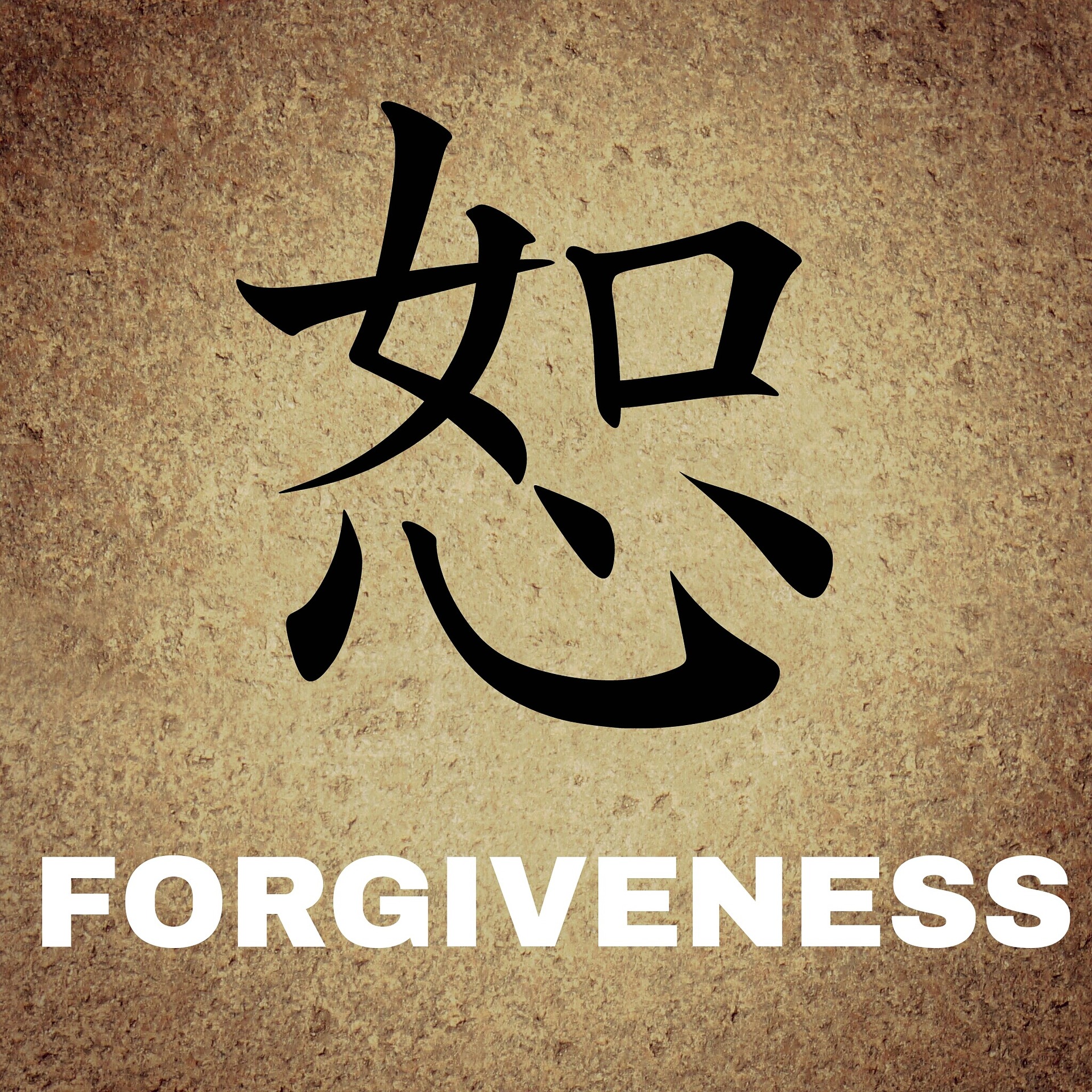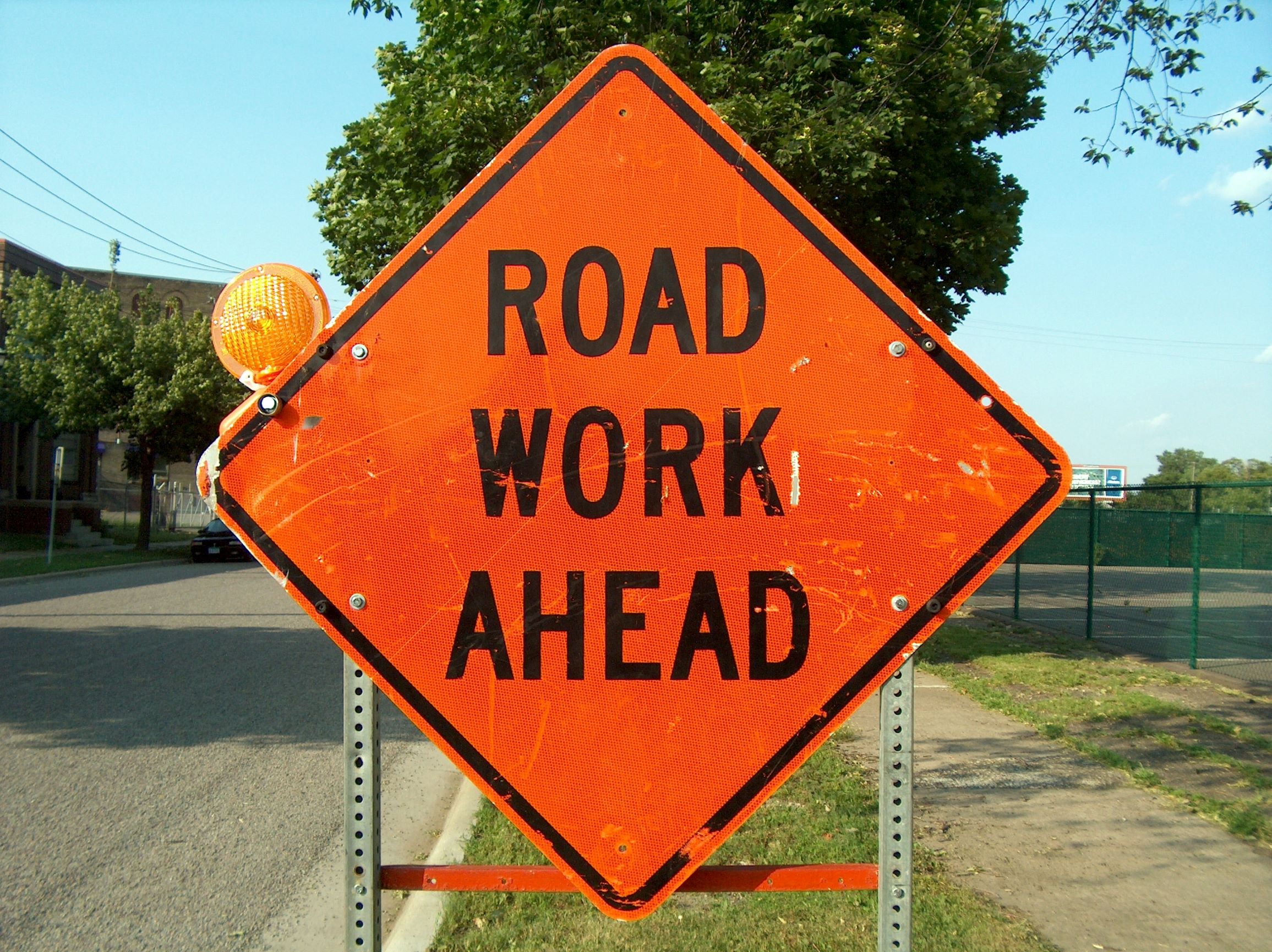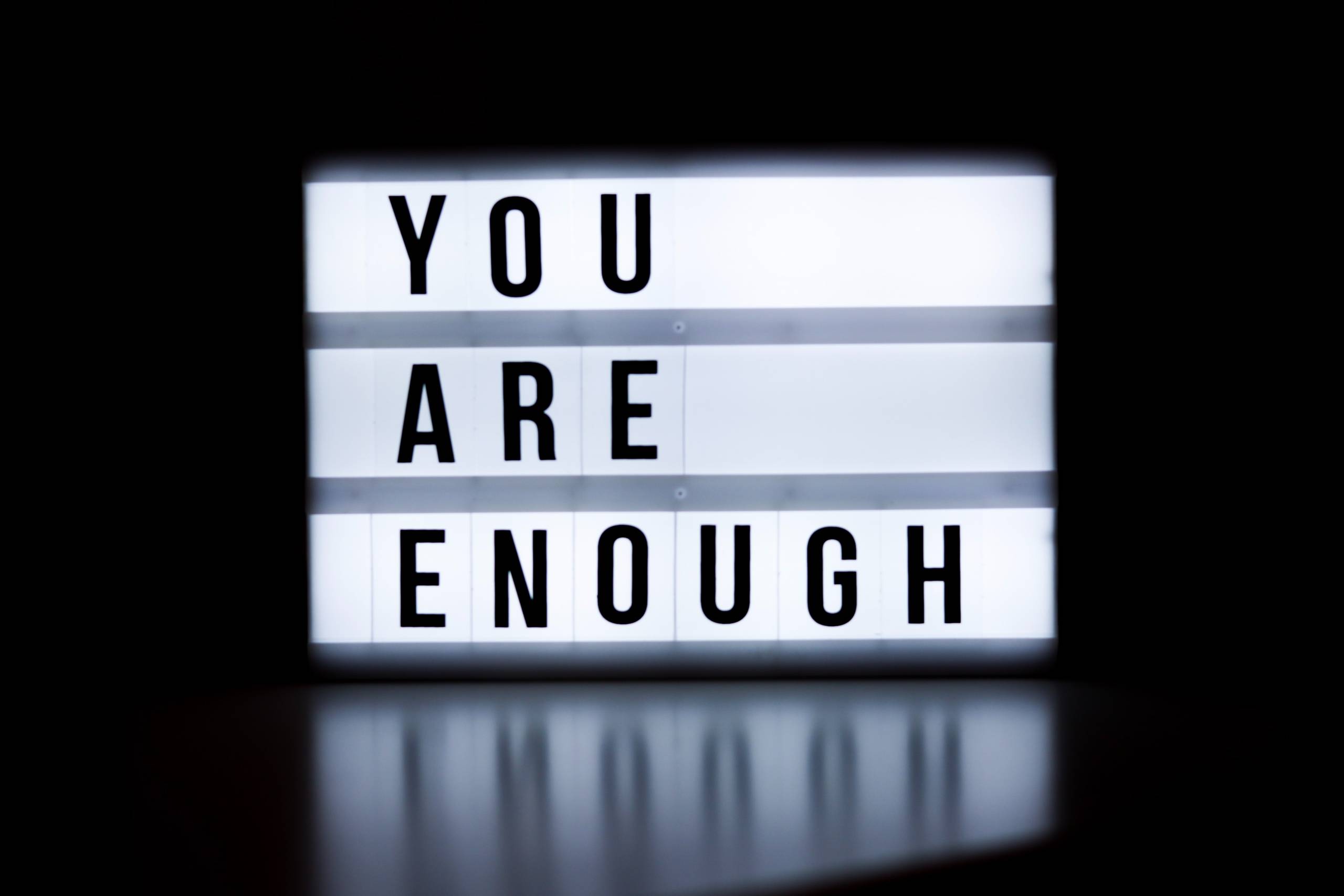Some people come in your life as blessings.
Some come in your life as lessons.
— Mother Teresa
Forgiveness is a topic that always intrigued me, partially because it is a very misunderstood concept. Many believe that the person who committed the offense must earn forgiveness. However, that belief is our ego saying, my feeling good and righteous is more important than yours, so you must do the work, not me. That is not what forgiveness is about.
You may have heard the expression “hanging someone up on a cross.” You may not know that it refers to the practice, during Roman times, of people being crucified for wrong doings against the Empire. It was and is an inhumane method of punishment. Yet, many crucify others for their offenses—through their thoughts, wishes, words, and actions. In reality, this crucifixion only hurts the one who crucifies.
My grandfather grew up in Oklahoma, during what I refer to, as cowboy times, when the white man and the Indigenous Indians shared the same territory. Tensions between the races were strained, to say the least. White people looked at the Indians as less than human and referred to them as savages. A white man seen with an Indian resulted in serious repercussions, even as severe as being outcast from town and the neighboring community and disowned by his family.
He was strong, vibrant, and every bit a cowboy. Having grown up building oil derricks in Oklahoma, his was a different time, when survival was raw and hard. It required fortitude, stubbornness, and a good life partner. They brewed coffee on open fire. They either grew their food or shot it. At the wise old age of sixteen, my grandfather married the Love of his life, a fifteen-year young, full-blooded Osage Indian. They lived on the plains in Oklahoma and raised seven children, one of whom was my father.
Some of my fondest memories were sitting by my grandfather’s side, looking at pictures of him and other cowboys at rodeos and riding horses, six guns at their sides. He earned my trust, and I idolized him. He knew of my struggles with my mother and gave me wise counsel, which he learned from his wife. I listened intently and heeded his words.
He was a good father, from what I know. He worked hard, often making compromises and sacrifices, but he found ways and made it work. He didn’t leave or abandon his family, though others did. He did make one big mistake, however, and shot a man in a bar fight. He was sentenced to seven years in a territorial prison, leaving my grandmother to raise seven children and work the ranch by herself. Upon his release, he made a promise to her that he would change his ways, so that she would never have to face that kind of hardship and trauma again. I will never forget when he told me her response.
“Good people sometimes make bad decisions. That doesn’t make them bad people, necessarily; it just makes it a bad decision.”
Soon after my grandfather shared that with me, I called my mother. We hadn’t spoken in years. This is how I opened the conversation:
“Hi Mom, you’re the only mother I will ever have, and—while I don’t understand why you did what you did—I forgive you for it, with no expectations or explanations needed.”
To be clear—before that day, I couldn’t have cared less for my mother. Our mother-son connection had been cut decades earlier. I had no feelings for her whatsoever. But the moment I told her that I forgave her for it, with no expectations or explanations needed, a huge weight and heavy burden was lifted off me. I realized, for the first time, that the mountain of emotion I had been carrying wasn’t about what she had done to me or what she needed to do, fix, or change. It wasn’t about her at all. It was all about what I had created inside of me and allowed to grow within me. I used to jokingly say that “I was the devil’s favorite child.” The anger that I had carried and acted on for a major part of my life had been self-inflicted. The moment I forgave her, everything changed for me, and in me. I felt freed for the first time. The elephant on my chest finally stepped off.
We have a healthy relationship now. It’s not perfect, but it’s a relationship, and it’s a better relationship than it ever was. She will very likely go to her grave having never given me an explanation, but that’s not important. By taking her off the cross that I had hung her on, I set myself free, and I learned something profound.
When we carry ill feelings within us, they take over our spirit, our identity, our present, and our future, without our knowing. We become a product of the feelings of resentment, anger, hatred, ugliness, and vengeance, because we have given them the power to stay alive within us, by not releasing them. By holding back our forgiveness, we hold back our acceptance and Love for ourselves, as well as our ability to Love and accept others. The holding back becomes a poison that not only taints and often contaminates our relationship with that person, but spreads and contaminates our relationship with ourselves and everyone.
We can do anything we put our minds to. We wanted to walk, so we did. We wanted to fly, so we did. We wanted to go to the moon, so we did. Knowing that we have the power to forgive is the first step to setting ourselves free. We can do anything that we want to.
What about when you are the offender?
Though I made a decision in my later life to align with a Buddhist type of life philosophy and study the Tao de Ching, I had been a Christian and studied the Bible for some time before that. It is with that learning that I say that the crux of Christianity falls on one basic pretext—forgiveness of our sins by God. The story of the prodigal son is one of my favorite parables in the Bible, which people of faith use to demonstrate the example of forgiveness.
A wealthy man, by the standard of the day, had many sheep, as well as many sons, one of whom was anxious to be grown up. One day, he demanded from his father that he receive his inheritance early, so that he could make his way in the world on his own. The father knew his son was not ready, so he refused. The son persisted. Though the father had great concern that it would not end well, perhaps even in death for his beloved son, he agreed to allow his son to go off on his own with his inheritance.
As expected, the son wined and dined himself into poverty and ended up as a tender for someone else’s pigs and ate his meals from the same trough. Eventually, he decided that he could live better as a servant in his father’s house than as a king on his own and sought forgiveness from his father by admitting his mistake. He was gladly taken back into the fold of the family. A party was thrown, and the father joyfully declared, “What was lost is now found!”
Their party and celebration symbolize the freedom that comes from seeing when you have done wrong, seeking to communicate with the person you have wronged, humbling yourself before that person, and admitting your mistake.
Did you notice I did not say that the celebration symbolizes forgiveness of the wrong? What’s important in this situation is your action as the offender. You must honestly come to a place where you can humbly admit that you were wrong, and you must speak the words, “Will you please forgive me?” aloud to the person you wronged. Then, your part is done.
The gift and the power in the concept of forgiveness have nothing to do with receiving forgiveness. They have to do with being honest with yourself and—with an open and honest heart, without excuses or justifications—admitting to the person that you were wrong and asking the person to forgive you. This releases you from carrying the guilt and shame inside of you for the rest of our life. On the other hand, saying, “I’m sorry you made me hit you” is not an apology. Nor is simply saying the words “I’m sorry,” without feeling it. Fake apologies are like dirty underwear. They stink, and no one wants to be near them.
Even if we are sincere, humble ourselves by admitting our wrong, and ask forgiveness, there are some who will not accept our apology, or forgive us. That is not our concern. That is their concern and something they will need to look at, if they choose to, or suffer the consequences, if they choose not to. The same is true if you are the offended one, and someone comes to you to ask forgiveness. If you say, “I can’t forgive you,” you really mean I won’t. And if you won’t, you will suffer the consequences. Carrying the weight of holding back forgiveness for someone—whether they’ve asked for our forgiveness or not—creates a scar on our heart and suppression of our energy, which is almost as great as the weight of being a wrong-doer holding back an apology.
Being unable, or unwilling, to forgive someone is a sign that you do not feel forgiven for something you have done in the past. People who don’t feel forgiven have a difficult time forgiving others, because they have not forgiven themselves. They are still waiting to be forgiven by the person they believe they have wronged, and until that happens, they do not forgive themselves.
We have two wolves that reside within us, a good wolf and a vicious wolf,
and they are always at war with each other. Which one wins?
Whichever one you feed the most.
— Old Indian tale
What happens when we’ve done someone wrong and need them to forgive us, to release us from the guilt? For some, this is tortuous. We put ourselves up on the cross. We crucify ourselves. We carry the guilt and torture ourselves with it for years. But that’s because we’re misunderstanding the problem. We’re actually acting in martyrdom.
Many live with guilt. Some may feel guilty for something they may not have even done, but think they are responsible for. Perhaps even living with so much guilt or carrying it for so long has taken on a life of its own. Carrying this huge and ugly energy, they can’t fathom ever forgiving themselves. Maybe this is you. Maybe you live in emotional and mental pain. Often, this emotional and mental pain manifests into physical pain or health conditions, creating more suffering.
Guilt is both a cognitive and emotional experience. When a person believes that he or she has violated a moral standard, betrayed a deep trust, or acted against humanity, guilt becomes a psychological, mental, and physical experience. But guilt’s only purpose is to guide us away from injustice. When it no longer serves this purpose, and is lingering, growing, and taking up space inside of us, it becomes a poison that slowly sucks our life force. Many suffer silently, sometimes for an entire lifetime. Many take others with them, both consciously and unconsciously.
The origin of guilt is in the belief that we have failed in some way to meet a standard of behavior. This standard may be a standard that was imposed on us by society, religion, culture, community, family, or someone we followed or Loved. Or, this standard may be one we have consciously, or unconsciously, created or invented, and imposed upon ourselves.
Pause to write.
Write a list of standards that you hold yourself to. Leave some space between each standard.
Next to each of the standards you listed, write your response to each of the following three questions. Respond from a place of inquiry and openness to discovery. Imagine that anything is possible.
The first standard you hold yourself to________________________________________________
- Where does that standard come from? (Where, or from whom do you remember first hearing it, or repeatedly hearing it?)
- Is it real? Or is it a perception?
- Is it something you truly, completely, and always believe is helpful, important, necessary, and valuable? Or are you looking through glasses filtered by someone else, or some experience in your past that is no longer valid?
After writing your responses, look at each standard and your responses to it. If you responded that it did not come from you, that means, that it is not your standard. You can stop owning it. If you responded that it is not real, that means that it is an illusion, a false perception. If you responded that it is not a standard you fully believe is helpful or valuable to you in our life right now, that means that it is no longer serving your life. It is no longer a measurement of who you are or who you should be. It is time to let it go and release it from your thoughts and expectations.
Good people make bad decisions sometimes. That doesn’t make the person bad. That makes the choice bad or wrong at the time. In our basic human form, we will always make mistakes. We will always make choices that are not the right ones. From that, we discover what is right. That is part of the characteristic of being human. Forgive easily. Forgive others as you would have them forgive you.
Remember that we came from spirit, and in that Source, we are perfect. We did not come here knowing how to feel ashamed or self-persecuting. We learned that behavior. We did not come here knowing how to hate. We learned how to hate. We did not come here knowing how to hold onto resentment. We learned to resent. We did not come here knowing how to crucify. We learned to crucify. We are still connected to that perfection that is our spiritual essence. It is part of us, but we must connect with it. If we tap into our heart space and that which makes us great, as the Tao says, we will be guaranteed that the good wolf wins.
Shame and guilt are illusions that help to bind us to those standards.
When we fail to meet them, guilt and shame are a system of punishment
enacted to encourage us to “do better” next time.
So, let go of those standards. Let go of guilt and shame.
Stop trying to be who and what you think you should be, or what others think you should be,
and start being who and what you really are.
Chase after money and security and your heart will never unclench.
Care about people’s approval and you will be their prisoner.
— Tao de Ching Chapter 9 Verse 12



